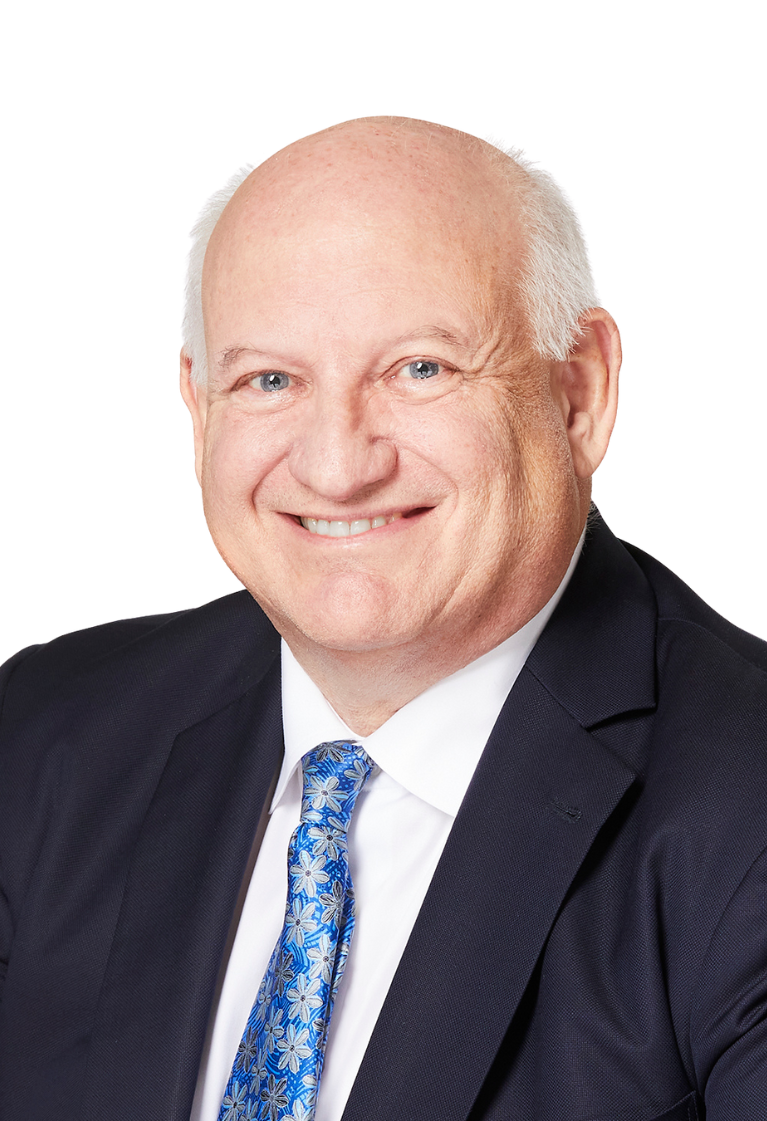When a class action settles, a motion is brought to approve the settlement. Where plaintiffs' counsel requests payment, the counsel fee must be approved by the court. Similarly, where a certification motion is heard and where the costs are not agreed upon by the parties, the costs must be fixed by the court. Both the approval of counsel fees and the fixing of costs involve the exercise of discretion on the part of the judge hearing the motions. The exercise of discretion, by its very nature, is subjective, variable and heavily dependent on the specifics of each case. The nature of the exercise means that while there are guidelines and factors that have been identified to assist judges, it is difficult to predict with certainty how much will be awarded.
This subject has captured the attention of Justice Belobaba who has written both about the need to “…provide much-needed measure of predictability in the approval of class counsel's legal fees (in Cannon v. Funds for Canada Foundation, 2013 ONSC 7686 ("Cannon"))” and contends that "... - many of the [certification] cost award decisions, although wordy, use unreliable metrics and are analytically unclear (in a series of decisions released in November 2013 two of which are Dugal and Rosen cited below).” In his view, more transparency is needed. In a footnote to his reasons in Cannon, Justice Belobaba elaborated on what he is trying to do:
"...in Dugal v. Manulife Financial, 2013 ONSC 6354 (“Dugal”) or Rosen v. BMO Nesbitt Burns Inc., 2013 ONSC 6356 (“Rosen”). I tried to inject a measure of certainty and predictability into the calculation of legal costs for certification motions, just as I am doing here with respect to class counsel's legal fees. In my view, predictability is a good thing in the continuing evolution of the class action. ..."
The methodology employed by Justice Belobaba varies between fee approvals and fixing certification costs. What these methodologies share is a consideration of enumerated factors and what appears to be the first judicial attempt to quantify certain factors. In the pursuit of predictability in the fixing of certification costs, Justice Belobaba indicated that, as one of the factors, he would "consider seriously historical costs awards in similar cases (Dugal at paragraph 5)". Justice Belobaba reviewed the costs awards in 36 certification motions over the last six years, split approximately evenly between awards to the plaintiffs and defendants. He then divided these into awards sought over and under $500,000 and calculated the average award and percentage awarded of the amount sought. This information was thought to "…be of some assistance in deciding what the losing [party] should reasonably be expected to pay[.](Dugal at paragraph 5)"
In examining class counsel's request for fees in Cannon, Justice Belobaba considered what contingency fees had been historically approved in other class actions. He initially rejected plaintiffs' counsel's request for one third of the settlement amount as awards of only 25, and sometimes 30 per cent, had been previously approved and his view of the accepted range was 20 to 25 percent. Ultimately, Justice Belobaba concluded that a review of fee approvals in previous class actions was not persuasive. He did not accept that the underlying metrics, although well-intentioned, were rational, finding them to be discussions of what were arguably irrelevant and immeasurable factors. Instead Justice Belobaba suggested at paragraph 8, that "contingency fee arrangements that are fully understood and accepted by the representative plaintiffs should be presumptively valid and enforceable, whatever the amounts involved." In the case of Cannon, this was one third. This amount was found to be reasonable and acceptable as it has been widely used in personal injury litigation. Justice Belobaba stated that amounts higher than this should be supported by detailed justification as such are outside what is currently acceptable.
Justice Belobaba also provided his thoughts on his hopes for each of these methodologies and their quantification. With respect to fee approvals he stated, in Cannon at footnote 4:
"... Who knows, maybe in a decade or two, with a class actions bar that has a more confident understanding of the certification proceeding (it was always intended to provide a very low procedural hurdle and was never intended to generate the frenzied over-litigation that currently exists) and with a more competitive legal services market-place, class counsel may be willing to undertake class proceedings on the basis of a 20 per cent or even 10 per cent contingency. (One can hope.)”
And with respect to certification costs, in Dugal at paragraph 6:
"I don't know how this approach will play out. It will likely result in lower than expected costs awards. But if it also results in leaner and more focused certification motions, a greater measure of predictability for the participants, and in the overall, the continuing viability of the class action vehicle, that is all to the good."
Enabling more predictability in the determination of fee approvals and certification costs awards, in this case by quantifying certain of the factors and setting out transparent methodologies are, in Justice Belobaba's reasons, designed to ensure that access to justice is increased through the very procedural vehicle which was designed to provide this. Hopefully, access to justice will continue to be advanced through class actions and the quantifications suggested by Justice Belobaba will assist in this endeavour.
The content contained in these blogs is intended to provide information about the subject matter and is not intended as legal advice. If you would like further information or advice on any of the subjects discussed in a blog post, please contact the author.
